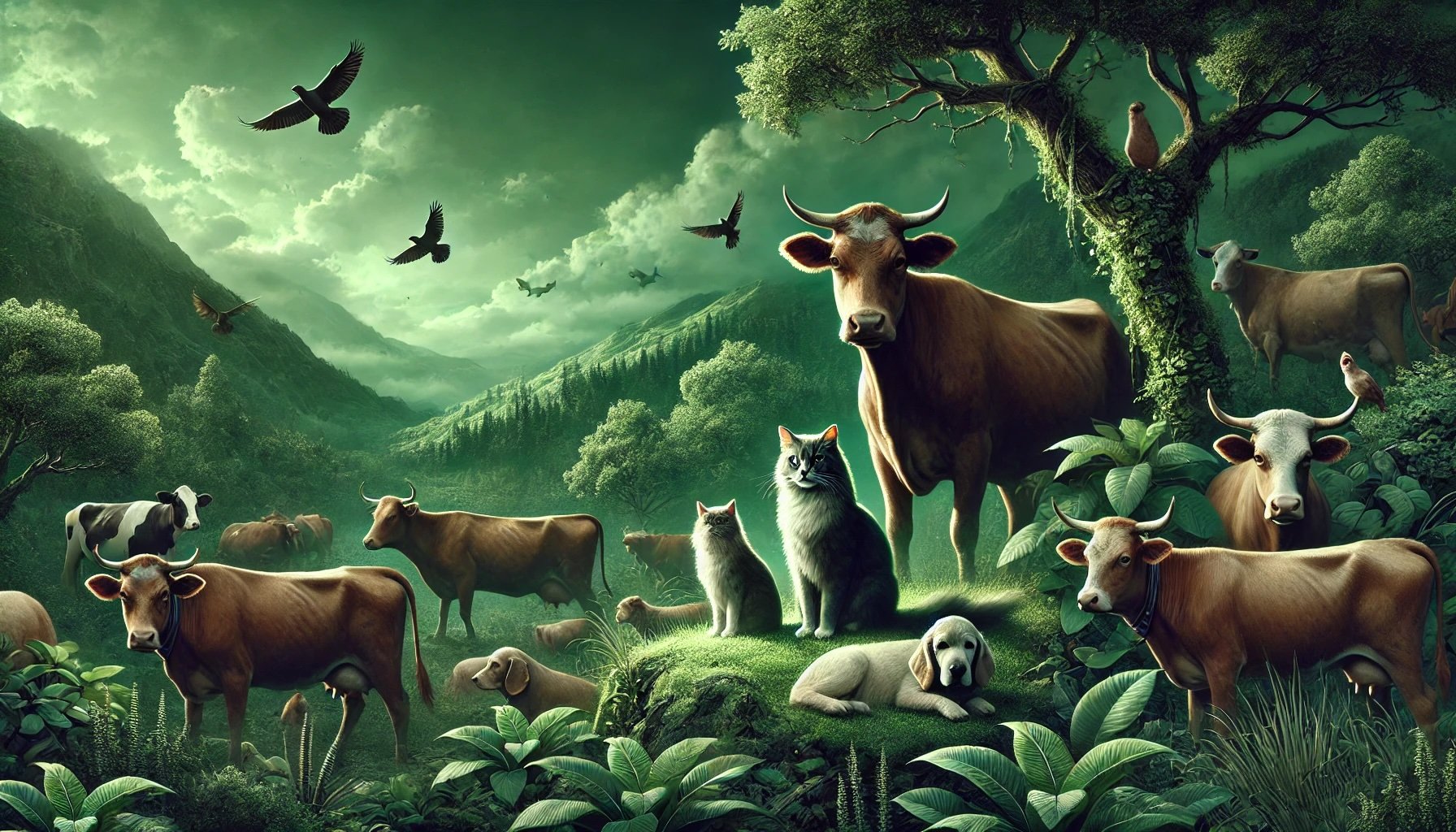
In 1970, the United States produced an estimated 65 billion eggs annually, increasing to an estimated 110 billion eggs a year in 2023. Until about the 1960s, our eggs mainly came from hens that roamed around farms or backyards.
To one unfamiliar with the work of Wildlife Service, the name may lead one to believe the division aims to serve and benefit the interests of wildlife; that notion could not be further from the truth. Wildlife Services is a division of the United States Department of Agriculture (USDA) responsible for the death of 1.85 million animals in 2022.
A recent study found one in five land-based species are affected by trade, with indications that an additional 3,196 species could be at risk. Certain phylogenetic groups like pangolins and hornbills are…
In 1970, the United States produced an estimated 65 billion eggs annually, increasing to an estimated 110 billion eggs a year in 2023. Until about the 1960s, our eggs mainly came from hens that roamed around farms or backyards.
To one unfamiliar with the work of Wildlife Service, the name may lead one to believe the division aims to serve and benefit the interests of wildlife; that notion could not be further from the truth. Wildlife Services is a division of the United States Department of Agriculture (USDA) responsible for the death of 1.85 million animals in 2022.
A recent study found one in five land-based species are affected by trade, with indications that an additional 3,196 species could be at risk. Certain phylogenetic groups like pangolins and hornbills are…



